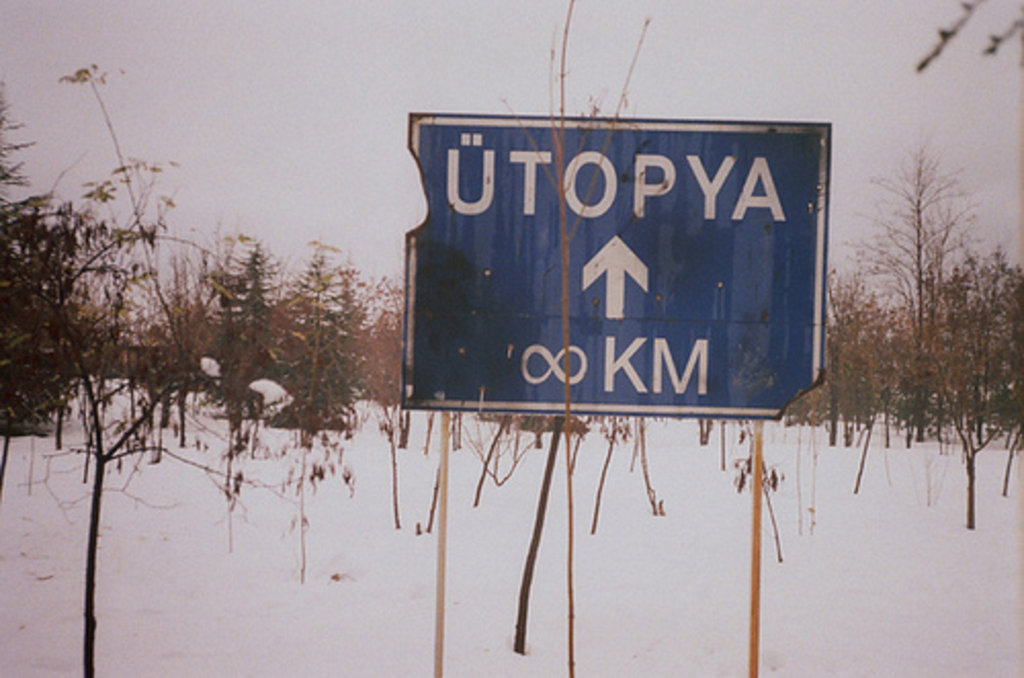One Man’s Utopia is Another Man’s Dystopia
Workshop: “Imagining Utopias & Dystopias”
Are you ready to dive into the fascinating world of utopian and dystopian stories? In this workshop, we’ll be exploring the ways in which these stories can help us think critically about the world around us and the choices we make. Through interactive activities and group discussions, we’ll delve into the key elements of utopian and dystopian societies, and we’ll consider the potential consequences of different “what if” scenarios. This workshop is a great opportunity to engage in lively debate, to share your ideas, and to learn from others. Let’s explore the power of storytelling together!
Objectives
- Learn and ponder about the concept of utopia and dystopia and their role in storytelling
- Explore your imagination through the creation of two short stories: one utopian and one dystopian
- Reflect on the power of words and imagination in shaping our understanding of the world and our future
Duration
2-3 hours
Materials
- Computer or
- Writing paper and pens/pencils
Date & Time
Thursday, December 29, 2022 at 4 p.m.

List of Utopian/Dystopian Novels
Below you’ll find a list of utopian and dystopian novels. Don’t worry, you won’t have to actually read these books for the workshop. They’re just here for some light inspiration, not to add even more items to your already overflowing reading list. The list is in no particular order.
You’ll notice that some books appear on both lists. Why is that, you might ask? We can discuss that in our workshop!
- “The Republic” by Plato (around 375 BCE)
- “Brave New World” by Aldous Huxley (1932)
- “Utopia” by Thomas More (1516)
- “The Dispossessed” by Ursula K. Le Guin (1974)
- “The City of the Sun” by Tommaso Campanella (1623)
- “The Republic” by Plato (around 375 BCE)
- “Brave New World” by Aldous Huxley (1932)
- “The Children of Men” by P.D. James – 1992
- “The Handmaid’s Tale” by Margaret Atwood (1985)
- “Nineteen Eighty-Four” by George Orwell (1949)